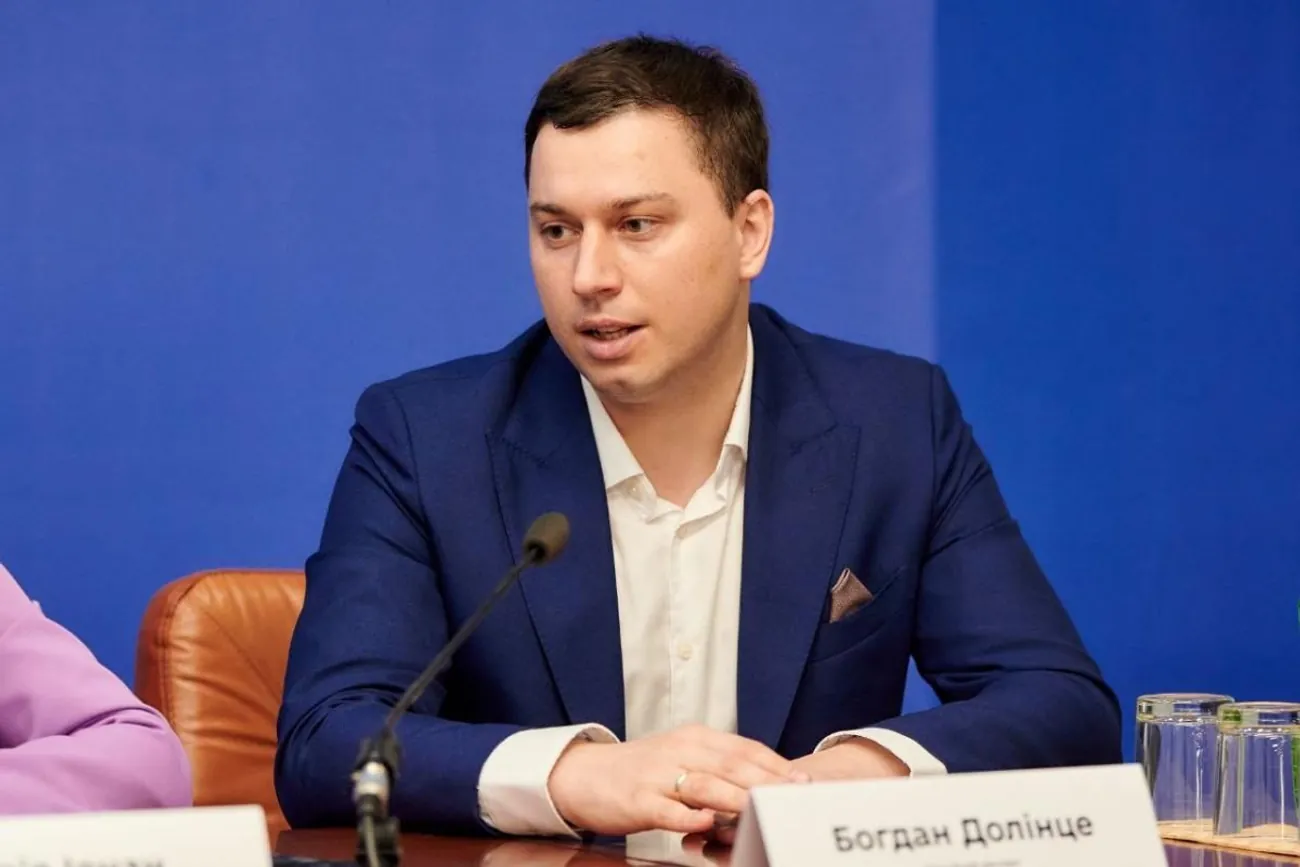“Every dollar invested in the aviation industry can yield another five dollars for the economy – aviation expert DolintseThe operation of Soviet technology in aviation is a forced step for many countries. Expert Bohdan Dolintse notes that every dollar
invested in the aviation industry can yield another five dollars for the economy.”, — write: unn.ua
DetailsThe expert notes that the operation of Soviet equipment, particularly in the defense and aviation sectors, remains a forced step for many countries, despite its moral and technical obsolescence. Some of these models cannot be recreated or analogues produced even in the medium term – this applies, in particular, to strategic aviation, early warning aircraft, etc. Although Soviet equipment may be inferior to modern analogues in terms of characteristics, it still plays a key role in the defense capability of a number of states.
Some countries are forced to continue operating this equipment, even though it is morally outdated and generally does not meet modern conditions of warfare. This applies not only to strategic aviation but also to fighter aircraft – in particular, MiG-29 and Su-25 aircraft, which are still used by Ukraine, Russia, and Poland. In a number of states, some of these aircraft have already been decommissioned. At the same time, for countries like Kazakhstan or Belarus, these aircraft still form the basis of their air forces and are critically important for ensuring the protection of airspace.
Ukraine, like many other countries, is currently forced to operate Soviet equipment in parallel with modern weapons systems arriving as part of international aid. Both types of equipment – new and old – successfully perform combat missions, providing support for the country’s defense capability on various front lines. At the same time, experts acknowledge that it is impossible to fully update the technical fleet all at once – this process is long, but it has already begun. It is important to note that a strong defense requires not only the equipment itself but also the ability to service it, repair it quickly, and have access to all necessary components and spare parts.
Last in line: which EU countries still use Soviet aircraft and why it is important for Ukraine17.06.25, 18:35 • 173532 views
According to the expert, in the context of import substitution, it is primarily important for Ukraine to determine which categories of goods require immediate replacement and which still have a resource for further operation and technical support. In addition, investments in full or partial import substitution processes can bring significant benefits to the state in both defense and economic spheres.
When parts are manufactured by Ukrainian companies, taxes remain in the country. This is especially true for aviation and defense, as these are industries that bring great benefits. For example, every dollar invested in the aviation industry can yield another five dollars for the economy.
For the successful creation of an effective import substitution environment, according to the aviation expert, it is important to create effective support tools – in particular, state programs that will help develop modern technologies, including tax incentives and simplification of equipment import and new development registration.
Appropriate protection mechanisms should be provided: in particular, state support programs that promote increased technological capability. This may include exemption from certain payments, for example, related to equipment import, or simplification of the registration procedure for new developments.
In conclusion, the expert noted that many countries are consciously bringing production back to their territories, creating favorable conditions for this and conversely creating obstacles for outsourcing technology development. This applies even to the most developed economies, such as the USA, Germany, and other European countries, which strive to maintain stability, support the domestic market, and retain highly qualified personnel.
We see that many countries are creating additional mechanisms to bring production back to their territories. For example, the US is introducing tax barriers that make it profitable to create jobs and manufacture products domestically. They are also actively stimulating the development of science-intensive technologies within their own borders. This ensures additional budget revenues, promotes the state’s economic stability, and opens up more opportunities for citizens.
At the same time, in countries where such production projects are lacking, the economy begins to lose growth momentum, and qualified personnel are forced to seek work abroad. As a result, such countries lose competitiveness. All these challenges are particularly relevant for Ukraine, as similar processes are occurring in our country in completely different spheres.
Today, the key question is how the situation will develop: whether the state will be able to effectively use and service the existing Soviet equipment, extracting maximum resources from it while its gradual replacement with modern samples takes place; and whether conditions will be created to develop domestic production, engineering solutions, and technological capabilities that can ensure the long-term sustainability and independence of the defense sector.
RecallExperts note that most of the Ukrainian aviation fleet, especially military, requires specific components for maintenance and repair, access to which is often limited or completely lost. Despite the fact that such parts are already difficult to find, enterprises face additional legal barriers and formal blocking of supplies by regulatory authorities. This includes spare parts of Soviet or Russian production from the 90s, which have been stored in warehouses in EU countries for decades. At the same time, military needs remain urgent and require prompt solutions to ensure the country’s defense capability. Representatives of the aviation industry emphasize that without clear steps from the state and legislative permission for importing old components from third countries, Ukraine risks losing not only its aviation infrastructure but also the specialists who ensure the functioning of both civil and military aviation.
